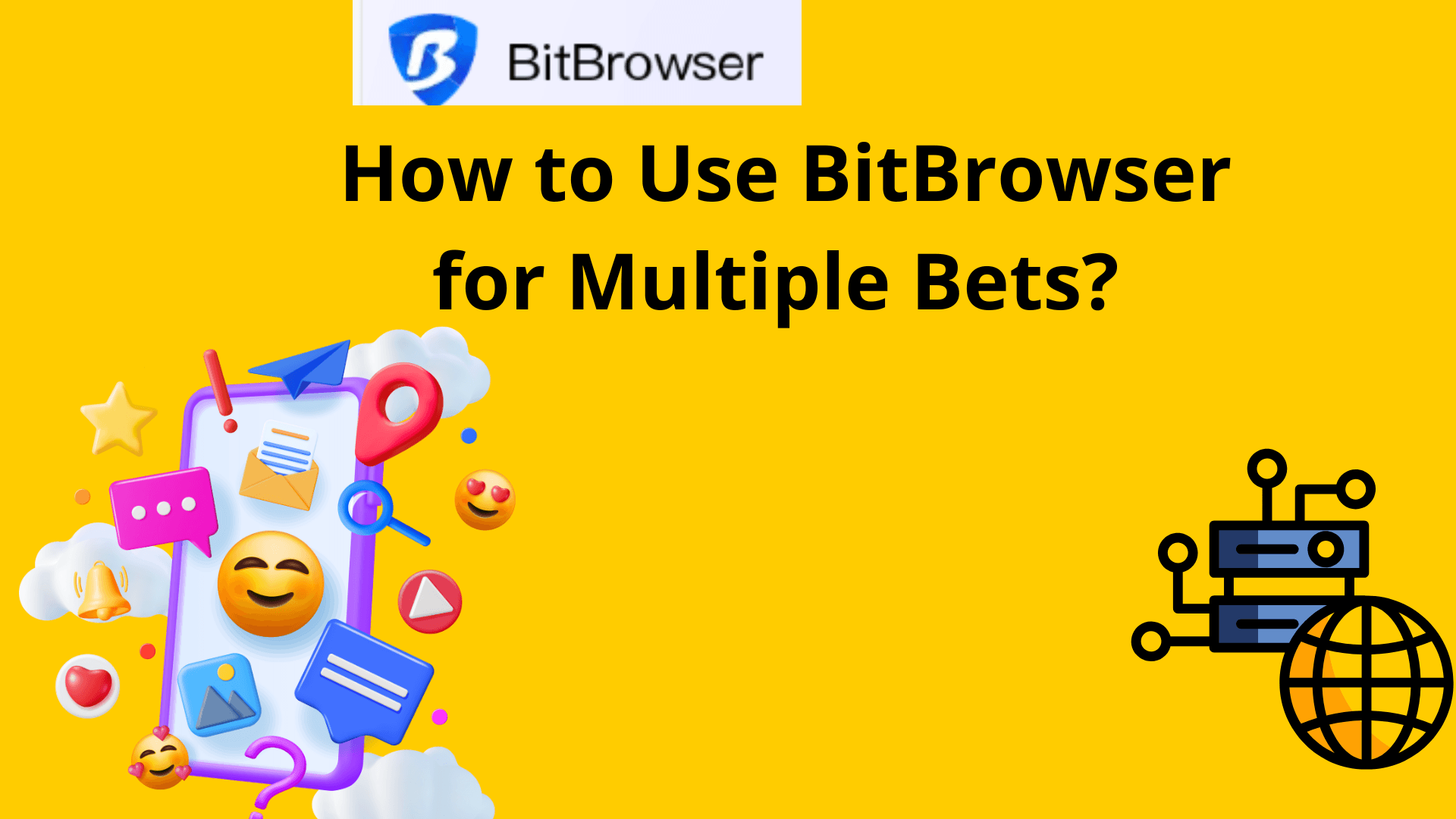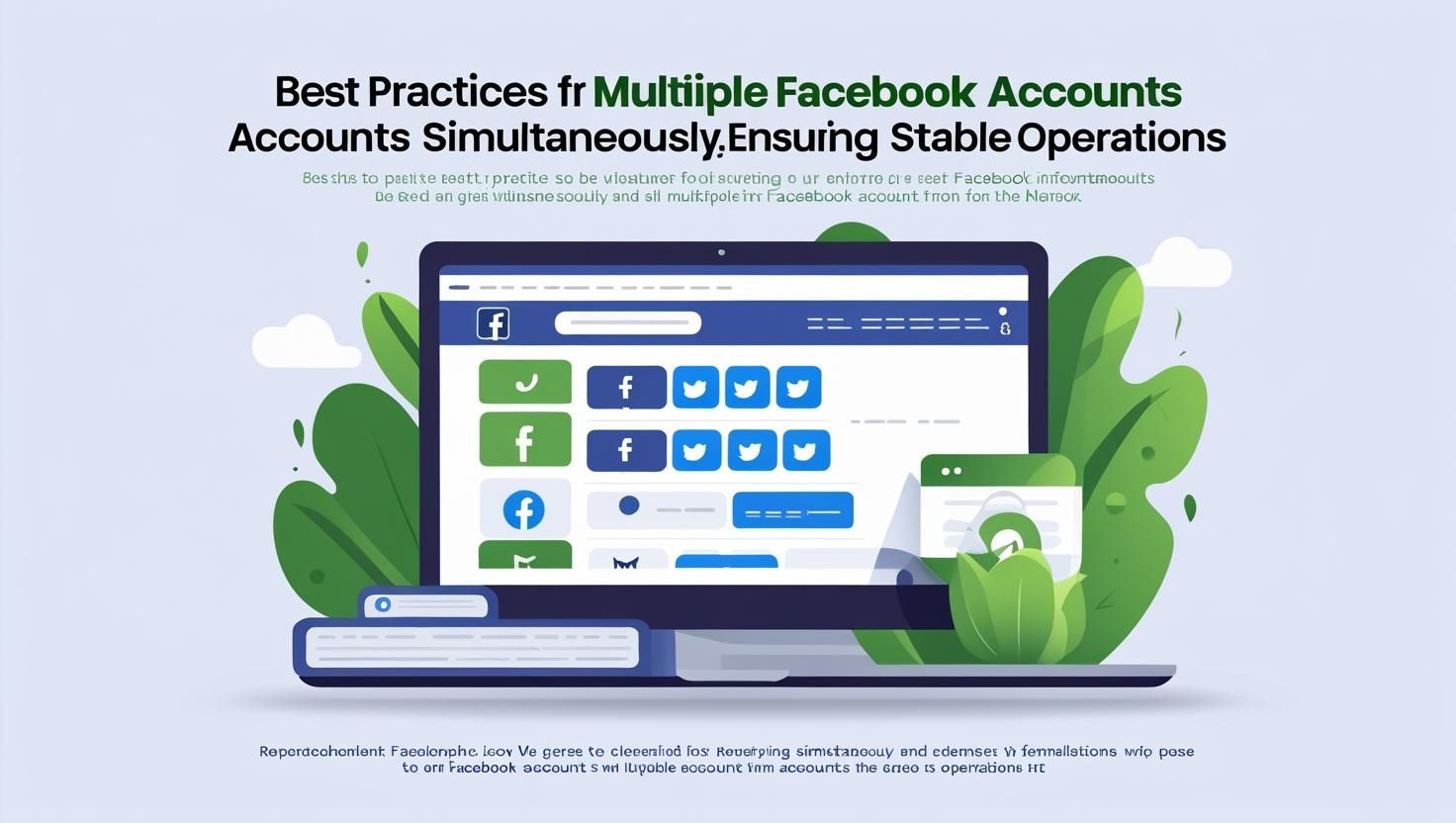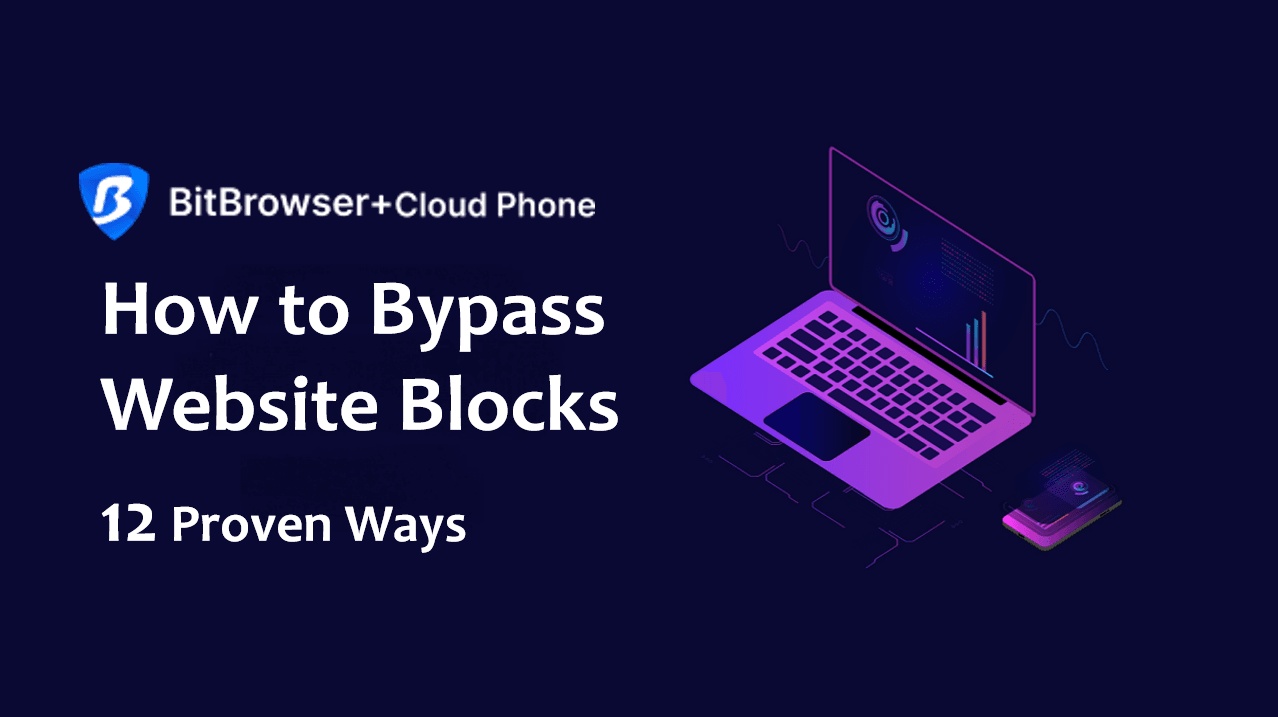


Rotating vs. Dedicated Proxies: Which Ones Are Better
 2025.06.23 14:58
2025.06.23 14:58Proxies act as intermediaries between your internet requests and the websites you access. Each proxy has its own IP address, so websites only see the proxy's IP, keeping your real location and details hidden.
Different Proxy Types
Proxies can be categorized as:
Dedicated Proxies:
Static IPs assigned to a single user, also called private proxies. They offer high security and stability since no other user's actions affect your proxy. Ideal for social media management, advertising, and data scraping.
Shared Proxies:
Used by multiple users simultaneously, making them cheaper but riskier. Shared proxies are often blacklisted due to misuse by some users.
Rotating Proxies:
Provide a large pool of IPs, rotating periodically. They balance between static dedicated and shared proxies, enhancing anonymity and reducing the chance of bans.
Proxy Server Types Explained
Datacenter Proxies:
Located in server farms; offer high speed and stable connections but are easy to detect and often blocked due to low anonymity. Typically cheaper and come with unlimited traffic.
ISP Proxies:
Use IPs from real users, blending datacenter speed with residential trustworthiness. They are hard to detect and ideal for social media and testing. Paid per IP, often with unlimited traffic.
Residential Proxies with Traffic Limits:
Use real user IPs with dynamic rotation. Provide high anonymity but may have lower speeds. They charge based on consumed traffic.
Mobile Proxies:
A subcategory of residential proxies using mobile operator IPs. They offer the highest anonymity, mimicking real mobile traffic, making accounts highly resistant to bans. Generally the most expensive and with slower speeds.
Which Proxy Type Is Best for Your Task?
- Datacenter Proxies: Best for fast, high-volume tasks like data scraping and automation.
- ISP Proxies: Perfect for social media management requiring stable, static IPs.
- Residential Proxies: Great for SEO, analytics, and other tasks needing dynamic IPs and anonymity.
- Mobile Proxies: Ideal for sensitive accounts, advertising, and mobile-focused tasks requiring maximum anonymity.
For static, long-term use, ISP proxies are excellent. For tasks with high ban risks, rotating residential or mobile proxies are preferred.
Proxy Formats and How to Change Them
Proxies typically come in the format:IP:PORT:LOGIN:PASSWORD
Example: 154.16.76.150:31245:askAlanv:35dtnaA3z
Sometimes, the format uses an @ sign:154.16.76.150:31245@askAlanv:35dtnaA3z
You can use proxy formatting tools like Proxywing Proxy Formatter to convert proxy lists into your desired format quickly.
Can a VPN Replace Proxies?
VPNs encrypt all traffic and change your IP, offering security but not fingerprint spoofing. Many web services collect device fingerprints beyond IPs (e.g., screen resolution, hardware info), which VPNs do not mask.
Anti-detect browsers spoof these fingerprints, making each session appear unique. VPNs often use shared IP pools and encrypt all traffic, preventing simultaneous multi-account use. Dedicated proxies provide exclusive IPs and integrate well with anti-detect browsers, making them better for multi-accounting.
Adding and Checking Proxies in BitBrowser
- Purchase proxies (mobile, residential, ISP, datacenter) from Proxywing or other providers.
- In your Proxywing account, manage and select the proxy format and credentials.
- Open BitBrowser and go to the “Proxies” section.
- Click “Add Proxy,” name it, choose protocol (HTTP or SOCKS5), and enter proxy details.
- Click “Check Proxy” to verify functionality. A green IP means the proxy works.
- Save and assign the proxy when creating new browser profiles.
Conclusion
Combining a reliable anti-detect browser like BitBrowser with high-quality proxies ensures privacy, security, and anonymity. Use dedicated proxies for long-term stable connections and rotating proxies for high anonymity with frequent IP changes.
For secure, high-quality proxies, visit nocoks and choose the best proxies for your needs today.
If you want, I can help format this for your website or create SEO meta tags. Just let me know!
 petro
petro
 Multi-Account Management
Multi-Account Management Prevent Account Association
Prevent Account Association Multi-Employee Management
Multi-Employee Management



